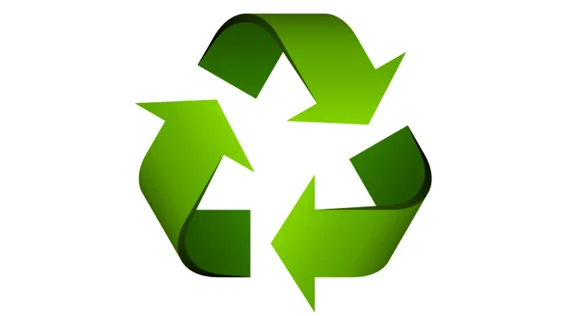
SEATTLE (Waste 360): Following in-depth engagement by As You Sow and Trillium Asset Management, Waste Management, Inc. (WM) has committed to publishing a report that could help ease the recycling crisis that has developed in parts of the United States. The report will identify gaps in recycling infrastructure and discuss how many of its processing facilities have been upgraded, which can boost material yield.
China’s 2018 ban on plastic waste imports exposed the fragility of parts of the U.S. recycling collection and processing system. In some areas, there is no market for collected recyclable plastics due to historical reliance on China for processing. To help address this situation, Trillium and As You Sow filed a shareholder proposal with WM for 2020, asking the company to report on how it can increase the scale and pace of efforts to boost recycling rates, especially in relation to plastic pollution.
The company will provide a report to help identify basic gaps in plastic recycling infrastructure in the U.S. In addition, WM will provide overlay maps and data highlighting its marketing of three commonly recycled types of plastic—PET, HDPE and polypropylene. This data will show material flows between regions by polymer as well as categories of current end market uses for these materials. WM will identify actions it believes will help address the gaps identified in the report—both possible company actions and broader recommendations.
One of the factors in low recycling rates are inefficient or outdated materials recovery facilities (MRF), where collected recyclables are separated for processing. Outdated facilities can result in lower capture rates of recyclables. The company has agreed to disclose information on the number of its MRFs that are equipped with the latest processing equipment, as well as those that are slated for near-term upgrades that can improve recycling outputs and yields, and those that have not been upgraded.
The company also will provide an updated statement on its position on extended producer responsibility (EPR), a strategy that requires consumer goods producers to finance collection and recycling of their packaging, currently paid for by taxpayers. Trillium and As You Sow believe EPR policies are essential to provide adequate funding to collectors and processors to be able to take a range of actions needed to improve recycling rates.
As You Sow and Trillium have withdrawn their shareholder proposal in response to these commitments by the company.
“Less than 10 percent of plastic waste is recycled, and the lack of export markets has put heavy strains on the domestic recycling market,” said Conrad MacKerron, senior vice president at As You Sow, in a statement. “This report will provide deeper insight into plastic material flows once they leave consumers' hands and should be an invaluable resource to stakeholders working to increase recycling rates.”
As You Sow believes more organized, concerted action is needed by producer brands, recyclers, processors, regulators and advocacy groups to dramatically increase levels of recycling, both to capture the embedded value of these materials and to provide feedstock for the recycled content many brands now promise to use. Without such action, more recyclable plastics will end up in landfills instead of being recycled.
“We are pleased to have been a driving force behind this new action from WM, and we hope this report will provide a meaningful addition to the industry’s understanding of plastic recycling challenges in the U.S.,” said Allan Pearce, a shareholder advocate at Trillium, in a statement.
Courtesy: www.waste360.com
| Copper Scrap View All | |
| Alternator | 0.31 (0) |
| #1 Copper Bare Bright | 3.63 (-0.03) |
| Aluminum Scrap View All | |
| 356 Aluminum Wheels (Clean) | 0.72 (0) |
| 6061 Extrusions | 0.63 (0) |
| Steel Scrap View All | |
| #1 Bundle | 475.00 (0) |
| #1 Busheling | 495.00 (0) |
| Electronics Scrap View All | |